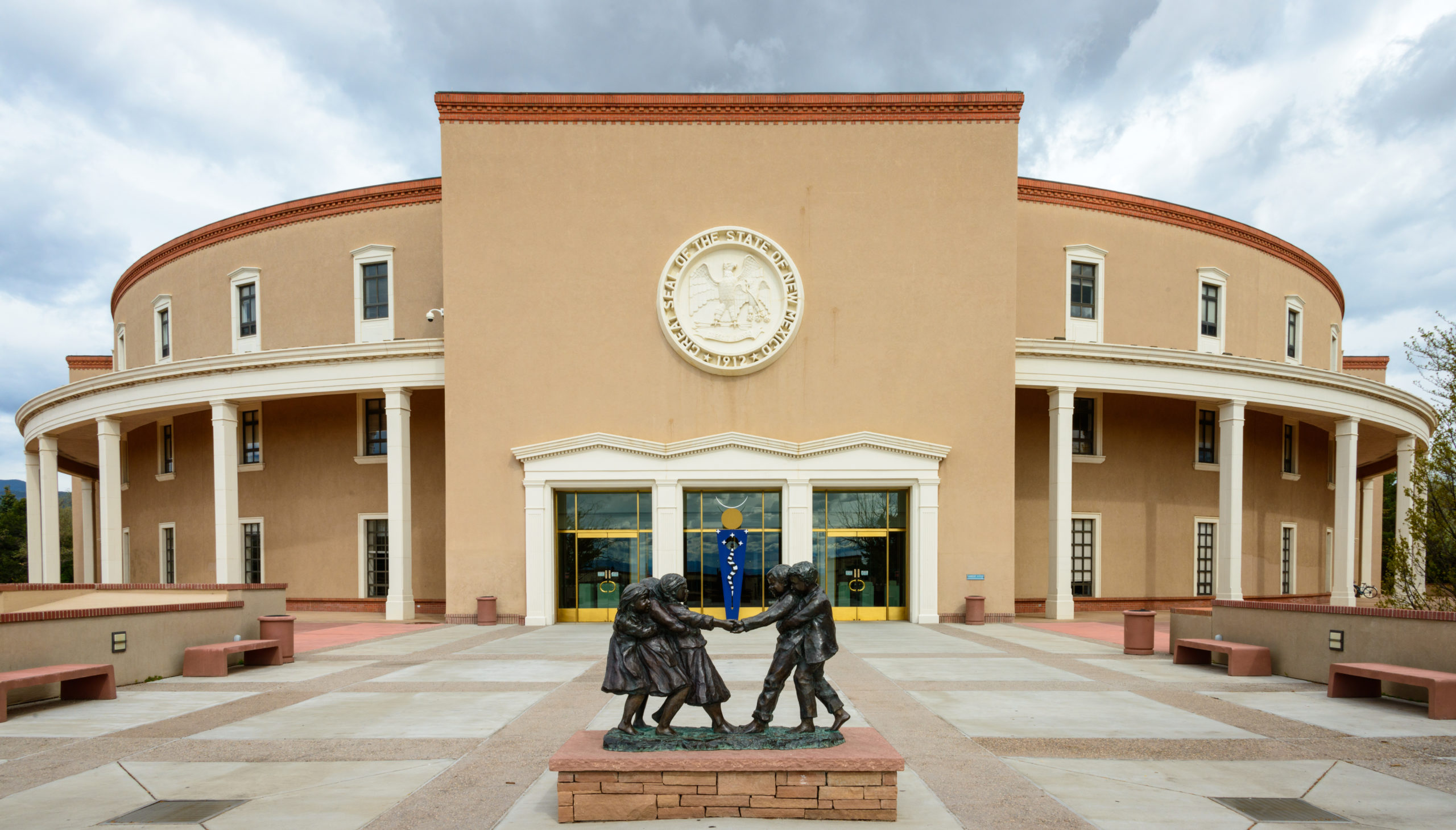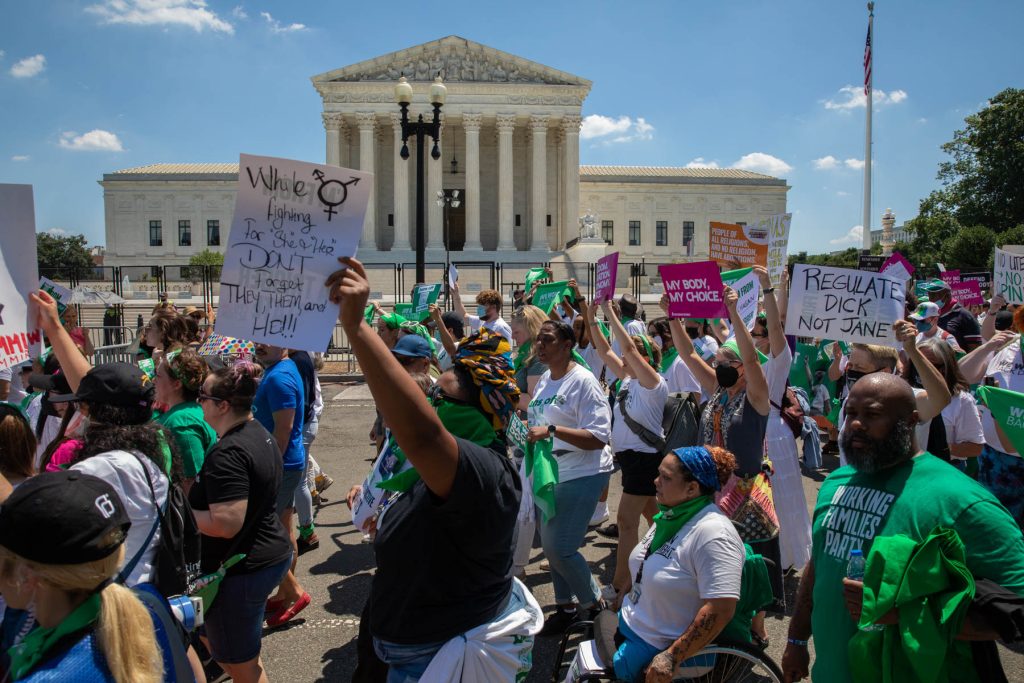A bill to create paid family and medical leave for all employees in the state is slated to be filed in January.
The bill would allow employees to take up to 12 weeks per year of paid leave for a serious medical issue, bringing home a new child or to care for a family member with a serious medical issue.
The effort is not new. State Rep. Christine Chandler, D-Las Alamos, sponsored similar bills in 2019 and 2020 and will be the lead sponsor on the upcoming 2021 bill. HB 16 never went to committee in 2020. HB 264 died in committee in 2019.
Chandler called the bill “very important.”
“I think this pandemic exposes how much we need safety nets for people and ways by which people can receive an income and tend to childcare needs and family members that are so important to employees and employers,” she said.
Terrelene Massey, Diné (of the Navajo Nation) and executive director of Southwest Women’s Law Center, said that if the benefits were already in place, people who work in the retail, hotel and food industries, in particular, would have been better off during the COVID-19 pandemic.
“Right now, people are relying on unemployment,” Massey said of when employees need time off for serious illness or childcare.
The bill hasn’t really changed since the 2020 Legislature, Tracy McDaniel, a policy advocate for Southwest Women’s Law Center, said. The only alteration is that the bill would allow the Department of Workforce Solutions, which would manage the program, more time to establish it.
“The state needs a little more time because of the pandemic and economic issues and the impacts on the Department of Workforce Solutions. They need more time to get this ready,” McDaniel said.
The Department of Workforce Solutions would administer a trust that both employees and employers would contribute to beginning July 1, 2023. Employees would be eligible to take paid family and medical leave beginning on January 1, 2024.
The contribution from both employee and employer is minimal, McDaniel said. The employee contribution is five tenths of one percent per paycheck. For employers, the contribution is four tenths of one percent per pay period. Employers would submit the contributions on a quarterly basis, McDaniel said.
For the self-employed, the contribution would be nine tenths of one percent, as they would pay both the employee and employer contributions.
Workers who patch together multiple part-time jobs, along with their multiple employers would pay into the fund, McDaniel said.
“The idea behind this is everyone is paying in very small contributions. It’s not noticeable from a paycheck because everyone is paying in and contributing,” McDaniel said.
The time would not roll over. Employees receive up to 12 weeks each year.
If the bill becomes law, the state would initially establish a fund with a $1 million investment. The state would see a return on that $1 million investment through the employee-employer contributions within the first 10 years of the program, McDaniel said.
The paid family and medical leave bill is not to be confused with the paid sick leave bill that is also expected to be filed in January, McDaniel said. The paid sick leave bill would mandate that all companies, regardless of size, provide one hour of paid sick leave for every 30 hours worked.
Related: Bill to introduce paid sick leave is timely, say advocates
But the paid family and medical leave bill would allow workers to take time off for medical leave when they have one-time medical events, like a cancer diagnosis, she said.
Chandler said this is a bill that employers should find important, as well, as it creates an environment for higher morale in the workplace and employers will know that their employees can take time off for a major health event, bringing a new child home or to care for a family member with serious illness and that will prevent employees from resigning due to being overloaded.
“It’s just as good for employers as employees,” she said.
McDaniel said there is evidence that such policy can have a positive impact.
“There’s good evidence this improves employee performance and engagement. Once they return to work after taking time away, they are more likely to be more engaged. They have higher morale and workplace satisfaction,” McDaniel said.
Massey said Southwest Women’s Law Center wants to partner with businesses in the state to listen to their ideas regarding this piece of legislation.
“We want businesses to come to the table with us,” Massey said. “Talk about ideas so we can incorporate them. We want them at the table and we welcome them.”
McDaniel said, if the bill becomes law, it would make small business owners better equipped to compete with large corporations.
She said some large, corporate employers in New Mexico already offer similar paid and family medical leave packages to their employees.
“We’re a small business state. We need to be able to offer that system so small businesses can compete for their talent,” she said.
There is another reason why this is good policy for 2021, McDaniel said.
She said there is evidence that paid family and medical leave can help to narrow some racial disparities in the workforce.
“People of color are more likely to be in the margins of our economy. Often, they don’t have access to private programs through their employers in the same way white workers do,” she said. “This levels the playing field.”
Given the racial and ethnic disparities that the COVID-19 pandemic has brought to the forefront of public conversation, Southwest Women’s Law Center thinks this kind of data around a piece of legislation is “momentous,” McDaniel said.



















